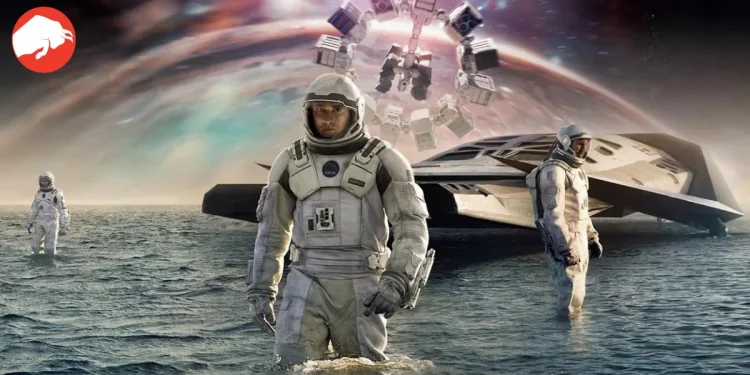Your Space Odyssey Awaits: Beyond the Black Hole of ‘Interstellar’
Oh, you thought the epic journey of Cooper and his team to the outer edges of our understanding in ‘Interstellar’ was a one-off ticket to the cosmos? Think again, space cowboys and wormhole wanderers. Today, we’re setting a course for films that have the power to quench your insatiable thirst for more interstellar experiences. We’re talking about cinematic universes so vast, they make even a Tesseract seem like child’s play.
From ‘Moon’ to Stardom: Duncan Jones’s Underappreciated Masterpiece
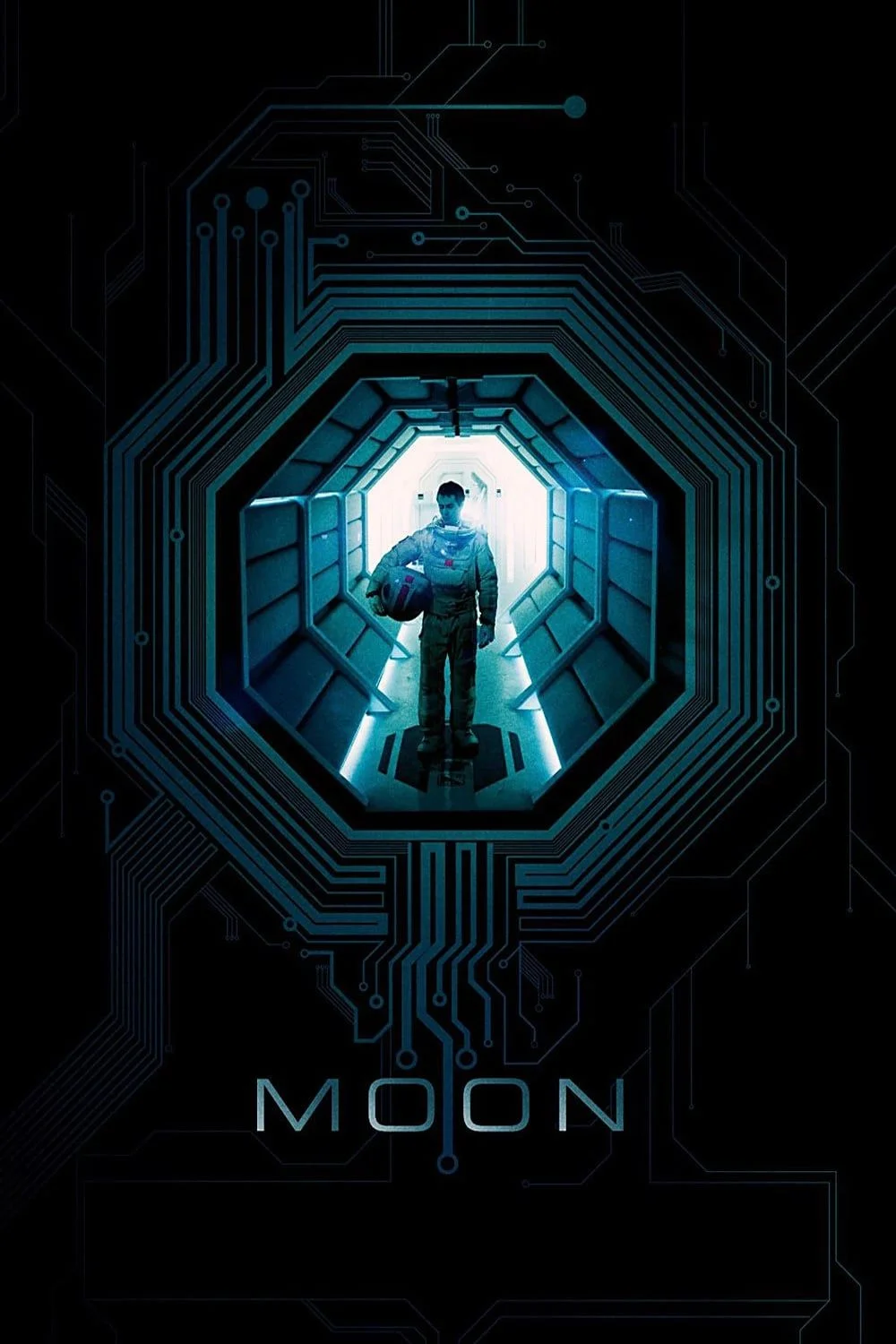
“When you’re up there in space, it’s easy to feel insignificant, but Duncan Jones’s 2009 film ‘Moon’ will make you question your very existence,” says a film critic.
Sam Rockwell plays Sam Bell, a solitary worker completing a three-year stint on a lunar base, only to grapple with unexpected health issues just as he’s preparing to reunite with his wife on Earth. An exploration of isolation and identity against the backdrop of space, Moon never got the audience it deserved. “A hidden gem, Moon deserved more attention than it got,” laments a reviewer.
Jones, whose directorial credits also include films like Source Code and Warcraft, crafted a low-budget wonder in Moon that delved into the themes of identity and loneliness. The movie showcased Rockwell’s acting prowess and underlined that great storytelling doesn’t require a blockbuster budget.
A Cinematic Odyssey: Kubrick’s Space-Time Symphony
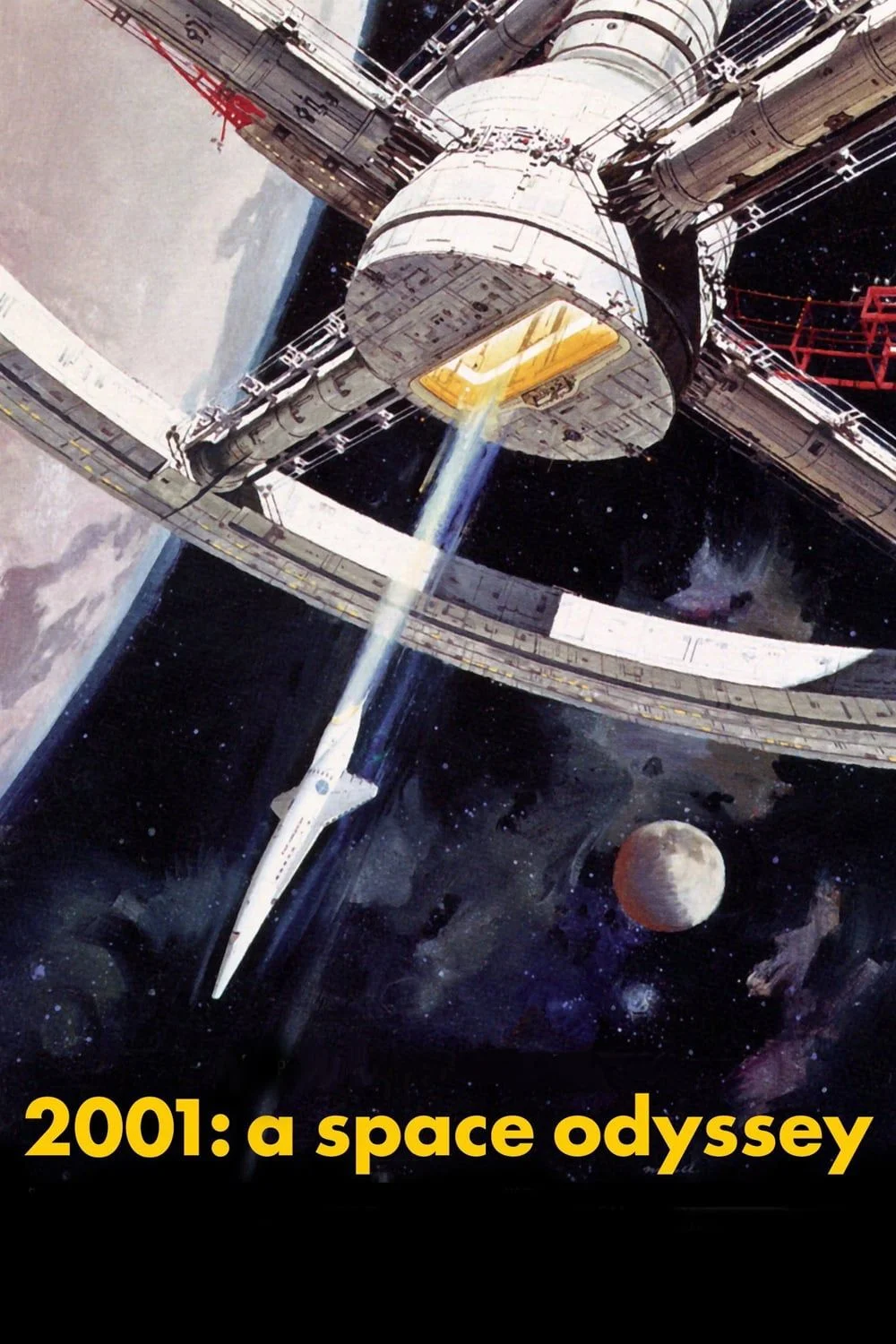
“You can’t discuss sci-fi cinema without bowing down to Stanley Kubrick’s ‘2001: A Space Odyssey’,” says a seasoned film journalist.
The film, released in 1968, not only broke ground in visual effects but also expanded the vocabulary of cinematic storytelling. “One of the standout scenes in 2001: A Space Odyssey was the ‘floating pen’ scene,” another critic muses.
Kubrick’s intergalactic marvel covered everything from A.I. to extraterrestrial life. Unlike other filmmakers who might have opted for a synthesized score, Kubrick chose classical pieces by composers like Richard Strauss and György Ligeti, adding an ethereal touch to a film that was already out of this world.
‘The Martian’ and the Solitude of Space
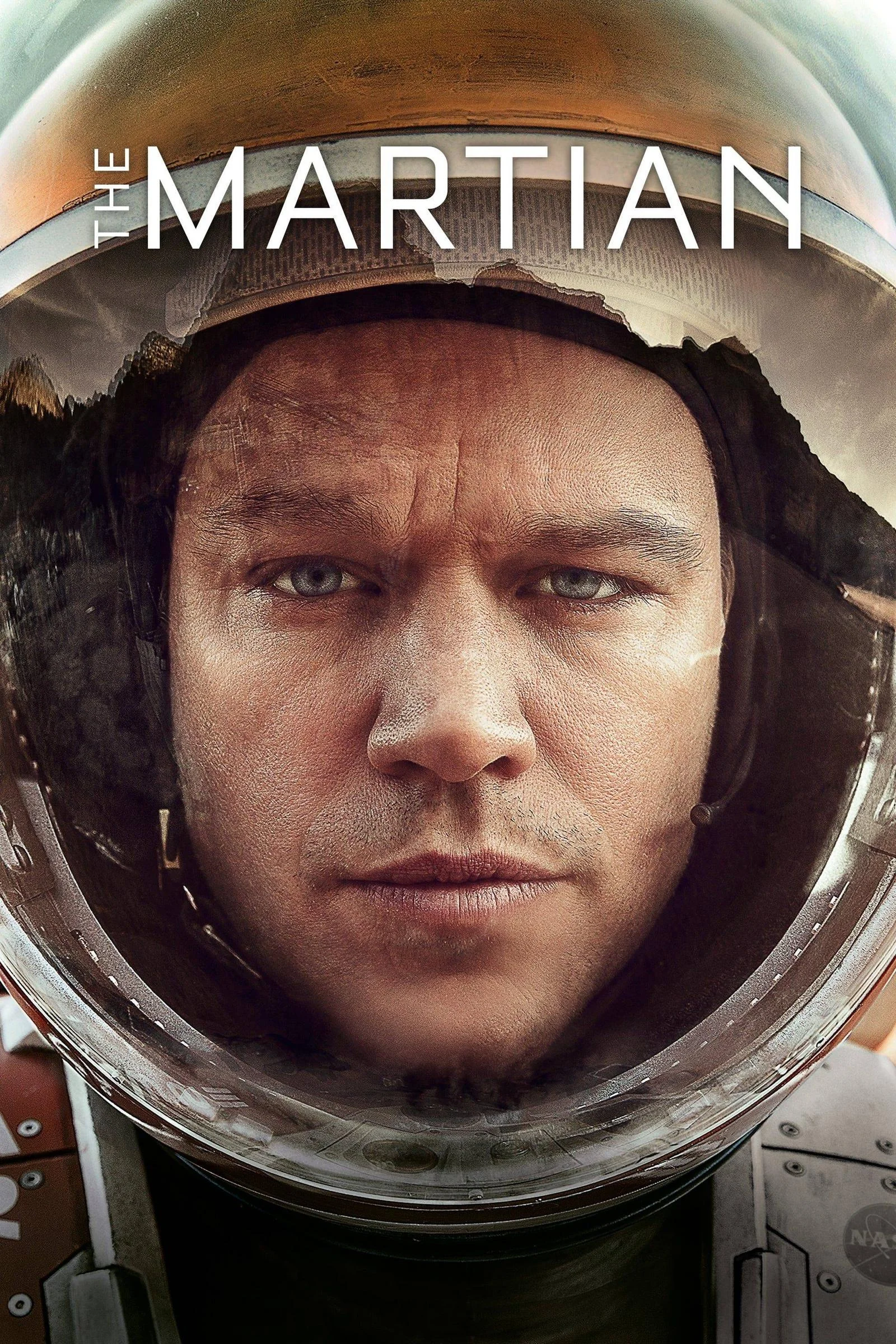
When Ridley Scott’s The Martian hit theaters, it became instantly clear that it was a different breed of space movie.
Matt Damon’s portrayal of astronaut Mark Watney, presumed dead but surviving against the odds on Mars, won hearts and critical acclaim. “The 2015 film was a survival story focused on perseverance and the need for connection,” says a film critic.
It was a tale not just about an astronaut stranded on Mars but about human resilience and the lengths to which one will go to ensure survival. Scientifically accurate and emotionally resonant, The Martian carved its niche as an iconic entry in sci-fi cinema.
Alien Linguistics and the Riddles of ‘Arrival’
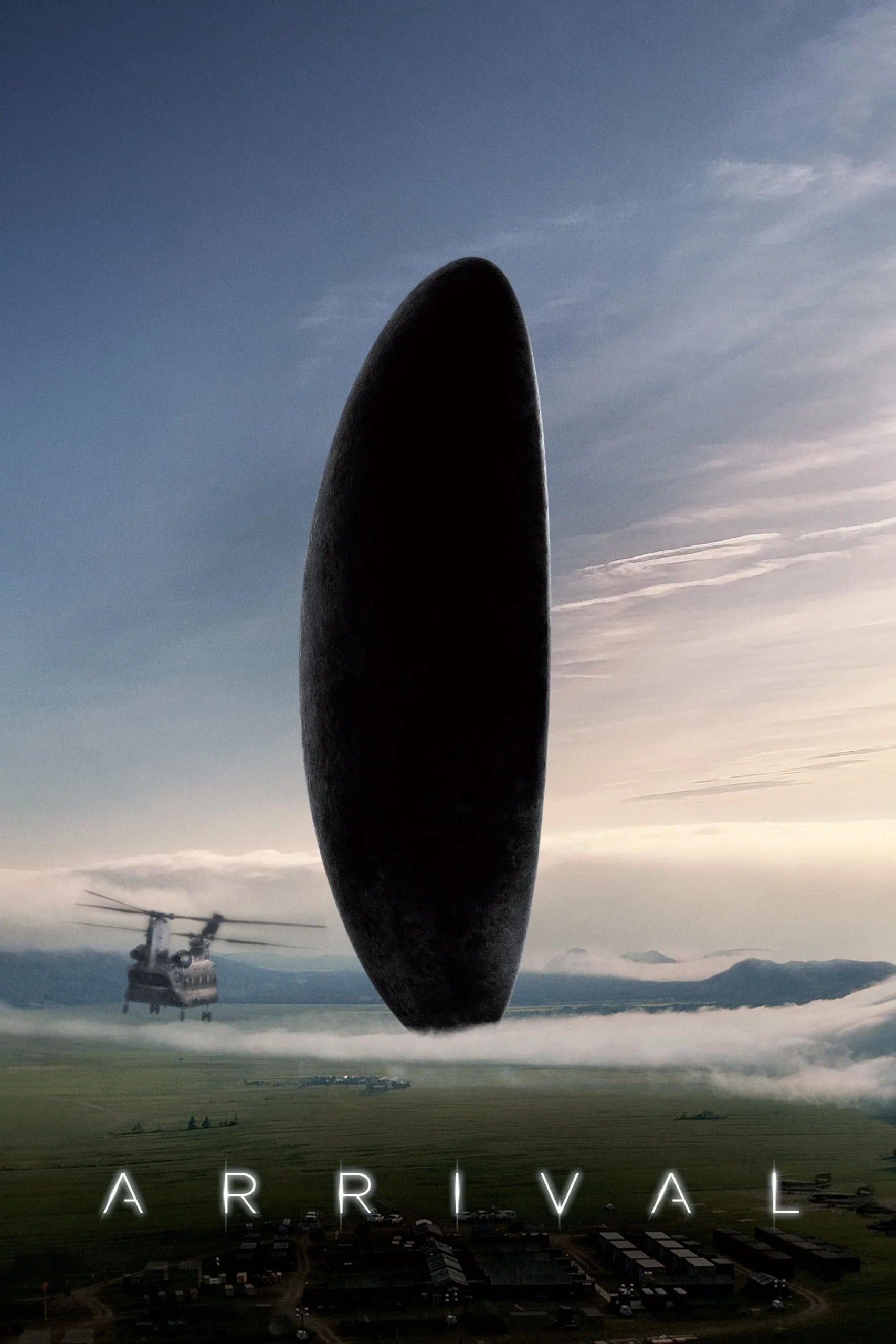
If Independence Day gave you a taste for alien invasions, Denis Villeneuve’s Arrival will give you an intellectual hangover.
Amy Adams stars as Louise Banks, a linguist trying to decipher the language of extraterrestrial visitors while racing against time to prevent global warfare. “This one asked deeper questions and left audiences with much to think about,” says a reviewer.
In contrast to popcorn flicks that often turn aliens into villains or spectacles, Arrival offers an introspective look at human emotions and the concept of time, placing it in a league of its own within the genre.
Time Loops and Moral Quandaries in ‘Looper’
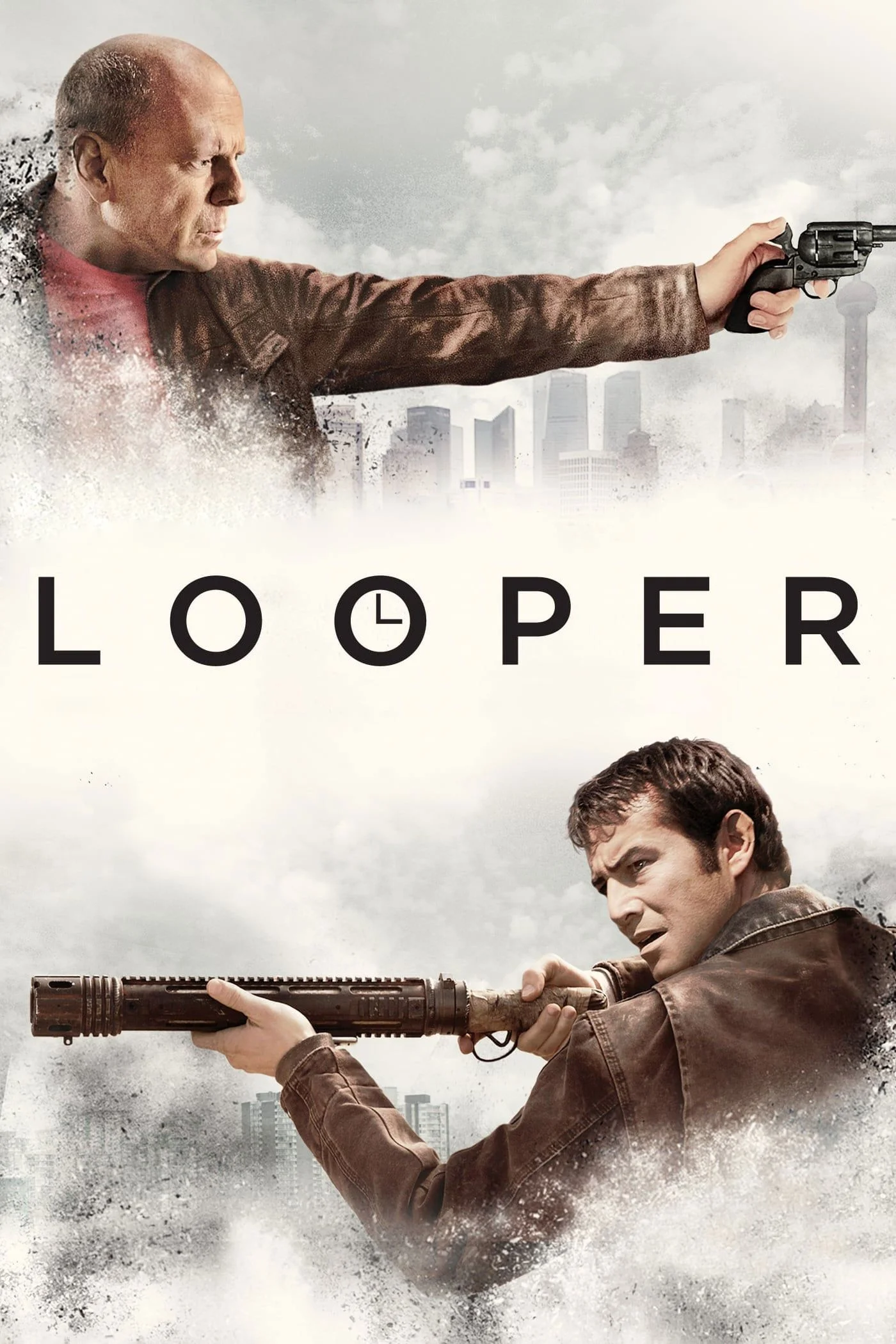
Before Rian Johnson was crafting whodunits in Knives Out or diving into the Star Wars universe, he directed Looper, a sci-fi thriller where crime syndicates send their victims back in time to be assassinated by “Loopers.”
“Looper was driven by its examination of the relationship between past, present, and future,” observes a film critic.
Joseph Gordon-Levitt plays a young Looper named Joe, who faces an ethical crisis when his next target is his future self, played by Bruce Willis. Tense, innovative, and thought-provoking, Looper explores the cyclicality of time and the moral complexities that arise from it.
“Contact (1997)”: Where Science Meets Faith
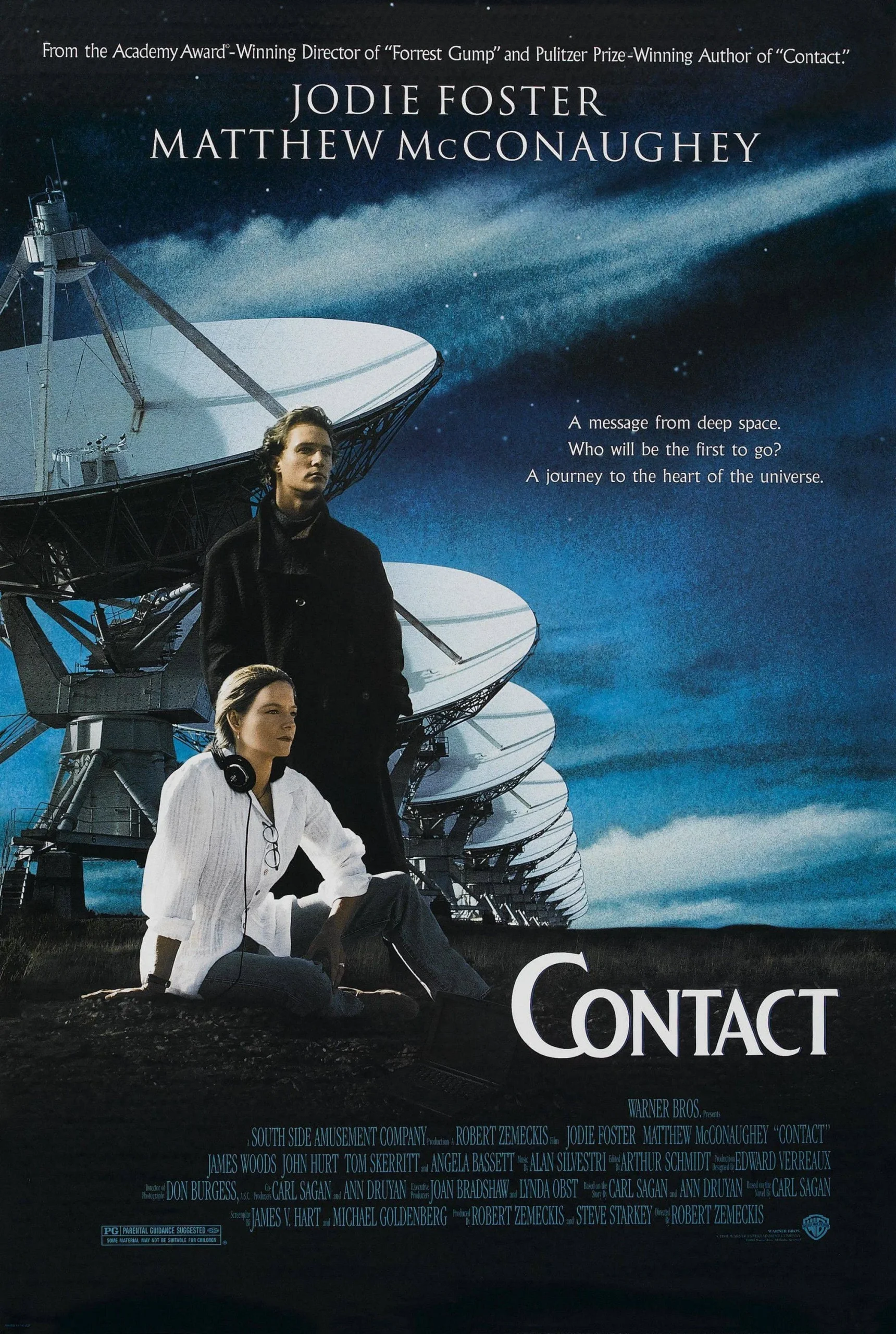
“Contact did not portray the discovery as having a warm reception, suggesting that such an event would dramatically heighten conflicts between religion and science.”
Directed by Robert Zemeckis and based on a novel by Carl Sagan, “Contact” stars Jodie Foster and Matthew McConaughey in a film that examines the tension between science and religion. Foster plays a scientist who finds evidence of extraterrestrial life, leading her to grapple with issues of faith and scientific discovery. The film offers a nuanced perspective on how science and religion can co-exist.
“Gravity (2013)”: The Silence of Space
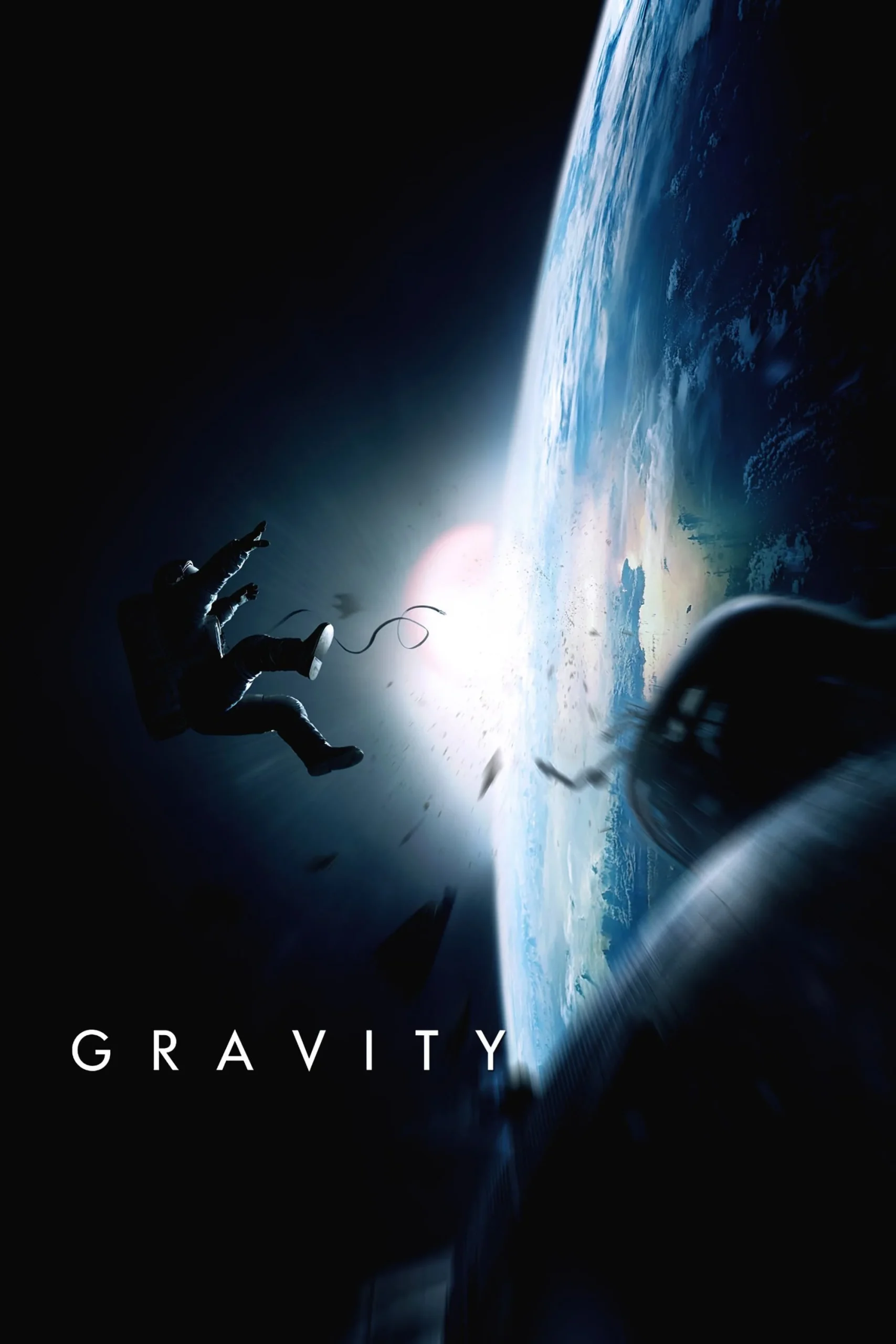
“No modern film has captured the vast, isolating emptiness of deep space as well as 2013’s Gravity.”
Starring Sandra Bullock and George Clooney, “Gravity” is an emotional rollercoaster set in the unforgiving void of space. The film encapsulates the terrifying loneliness of being stranded light-years away from home. The direction by Alfonso Cuarón and Sandra Bullock’s performance adds depth to this visually stunning cinematic experience.
“Inception (2010)”: Delving into the Dream World
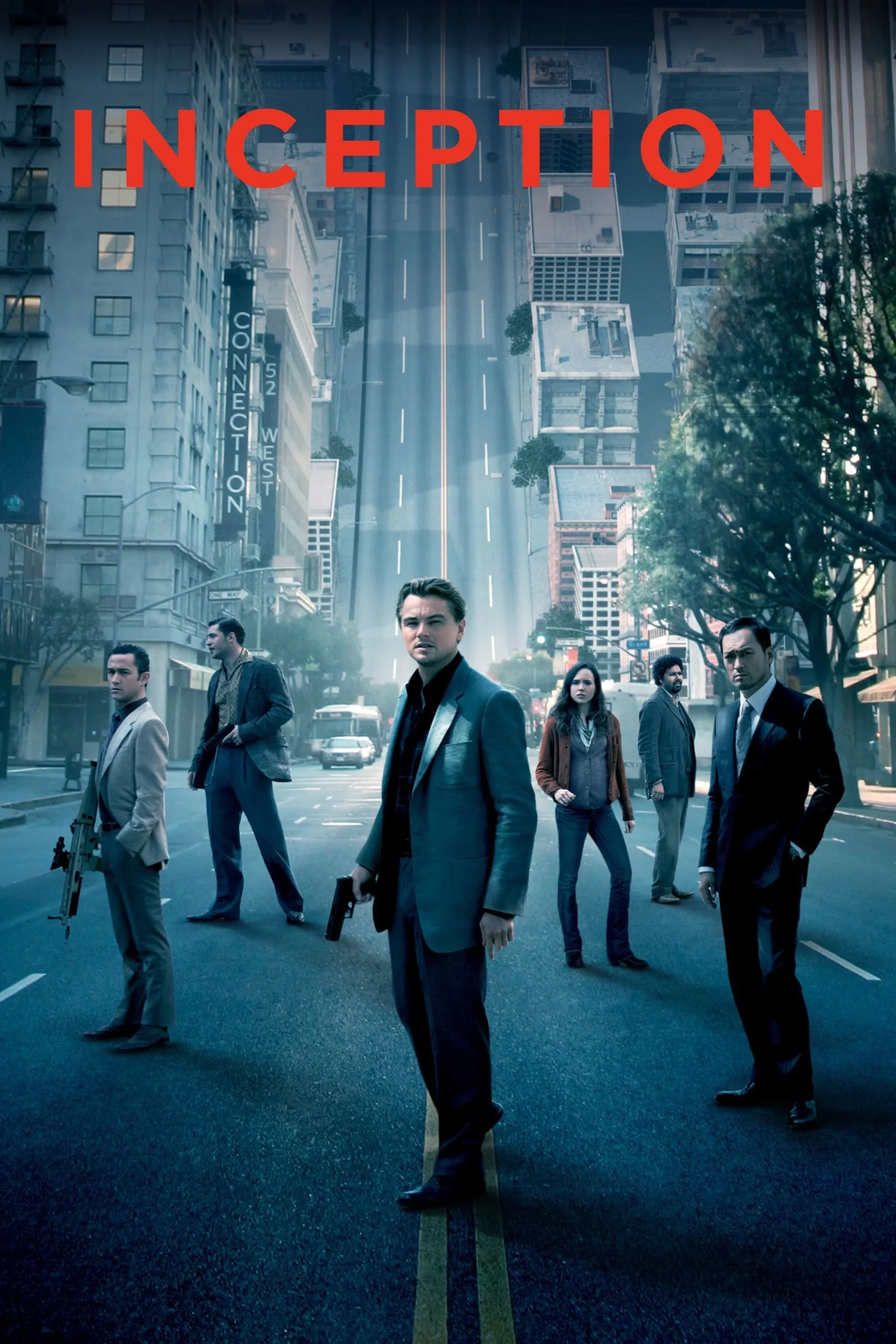
“The main difference was in Interstellar focusing on the bond between father and daughter, whereas Inception put the spotlight on dreams.”
Another gem from Christopher Nolan, “Inception” explores the complex architecture of the human mind. With a star-studded cast featuring Leonardo DiCaprio and Marion Cotillard, this film delves deep into the realm of dreams and reality, offering a narrative as intricate as its plot.
“Ad Astra (2019)”: A Son’s Journey to Find His Father
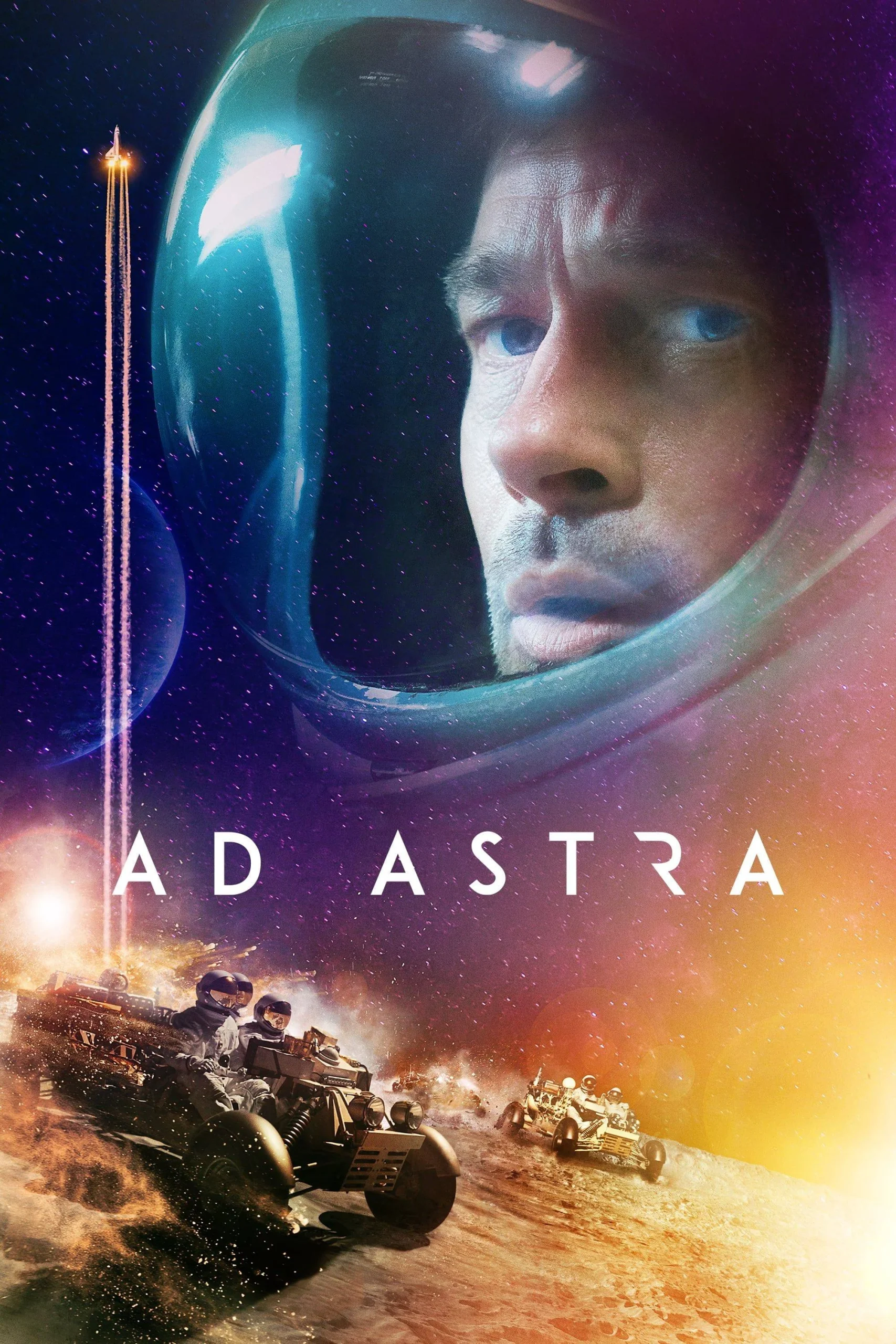
“Space was depicted in Ad Astra as a hostile environment that wreaked havoc on the human psyche.”
Featuring Brad Pitt and Tommy Lee Jones, “Ad Astra” takes us on an emotional journey across the cosmos. The film explores the psychological toll that space travel can have on humans, especially when venturing into the unknown in search of a lost parent.
“First Man (2018)”: The Man Behind the Moon Landing
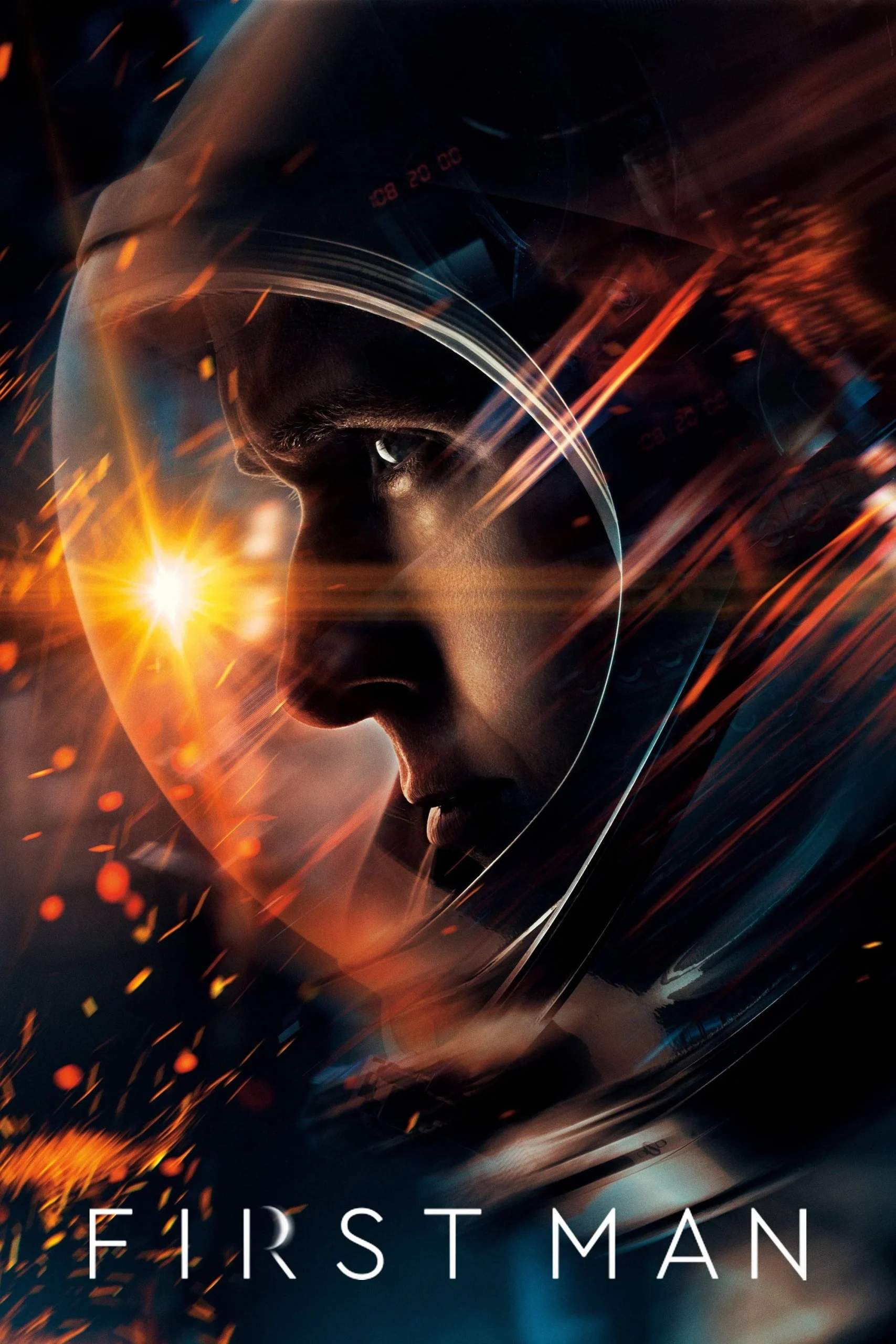
“Armstrong’s story was a natural fit for the big screen, with the film building toward an incredible moon landing sequence.”
Directed by Damien Chazelle, “First Man” is a riveting account of Neil Armstrong’s journey to become the first man to walk on the moon. Ryan Gosling delivers a nuanced performance that brings Armstrong’s stoicism and courage to life.
“Oblivion (2013)”: Tom Cruise Unveils Earth’s Secrets
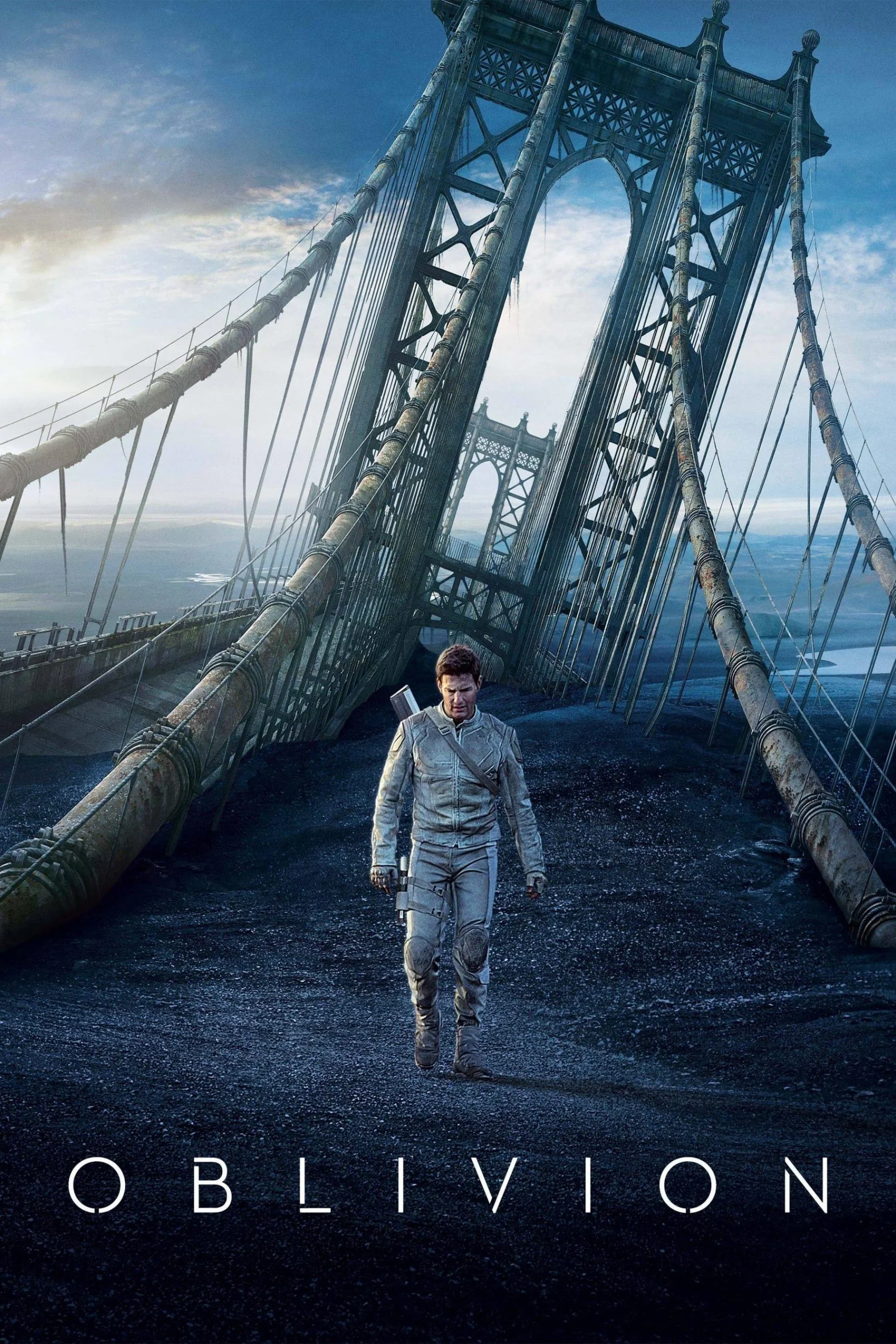
“Oblivion, like Kosinski’s Tron: Legacy and Top Gun: Maverick, was beautifully shot and constantly kept viewers on the edge of their seat.”
Directed by Joseph Kosinski, “Oblivion” stars Tom Cruise in a post-apocalyptic Earth setting. The film explores themes of sacrifice, love, and the essence of humanity against the backdrop of a visually striking environment.
“Annihilation (2018)”: A Shimmering Enigma
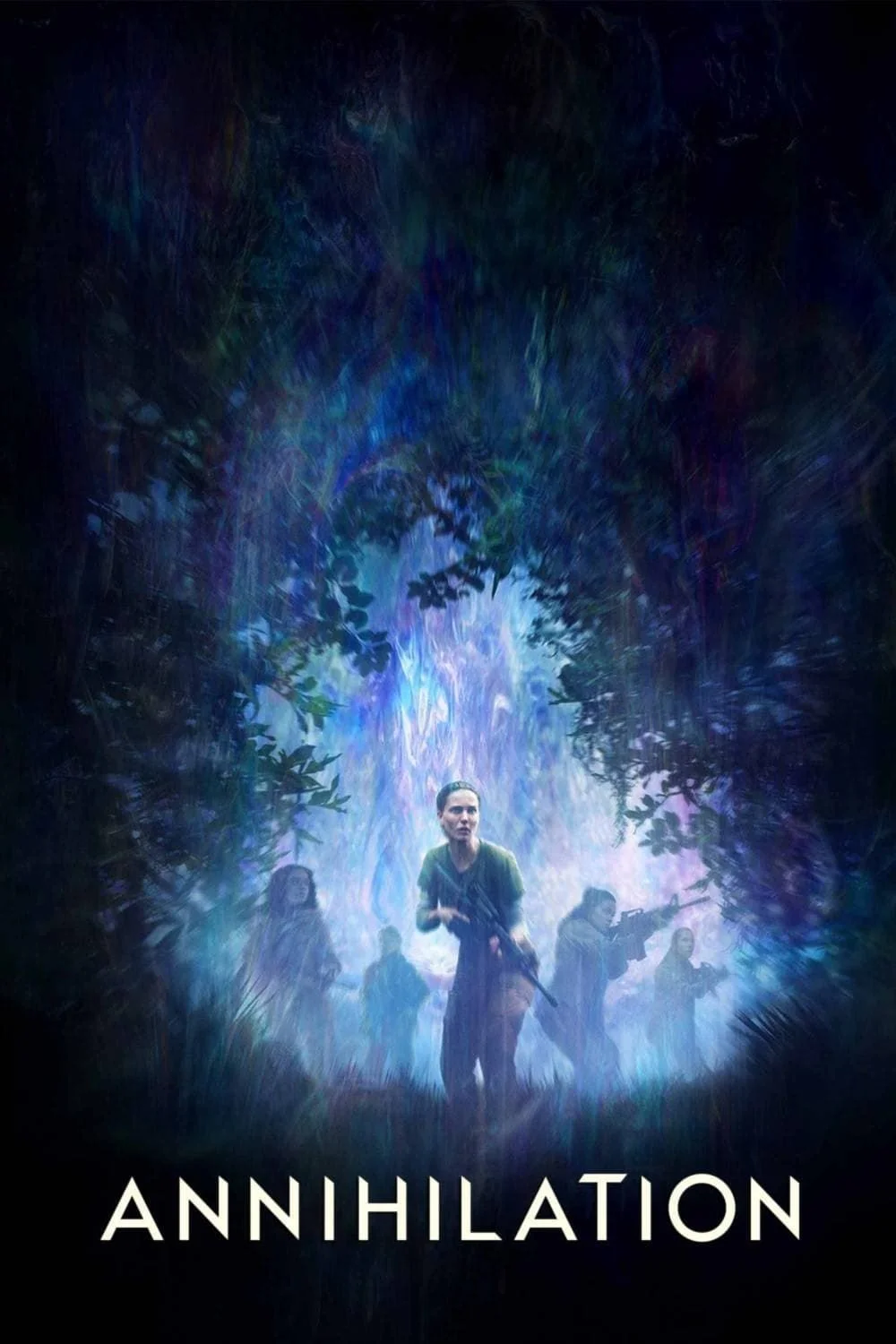
“The visual imagery and synth-based score were designed to convey a sense of dread in addition to something distinctly alien.”
Directed by Alex Garland, “Annihilation” dives deep into the psychological and extraterrestrial with an all-female cast. Natalie Portman’s character goes on an expedition into a mysterious zone called ‘The Shimmer,’ leading to an unsettling and thought-provoking experience.
“Aniara (2018)”: Lost in Space
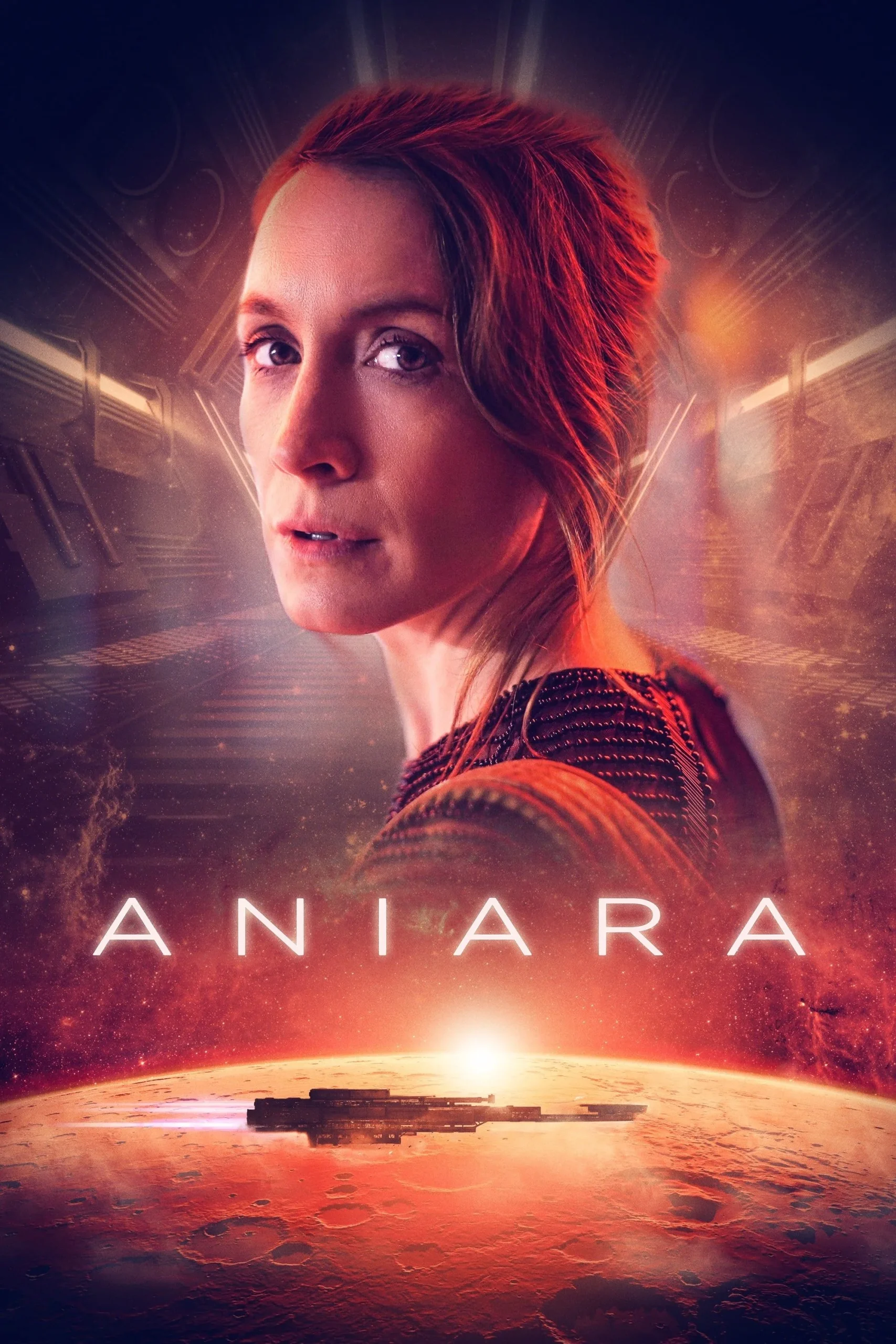
“Aniara is strongly recommended for those gravitating toward the more existential aspects of space-based films.”
This Swedish-Danish flick takes us aboard a spaceship lost in space. Without fuel or a course, the passengers and crew must confront the existential crisis of an endless journey in space, offering plenty for audiences to chew on.
“Tenet (2020)”: Time is Relative, Complexity is Absolute
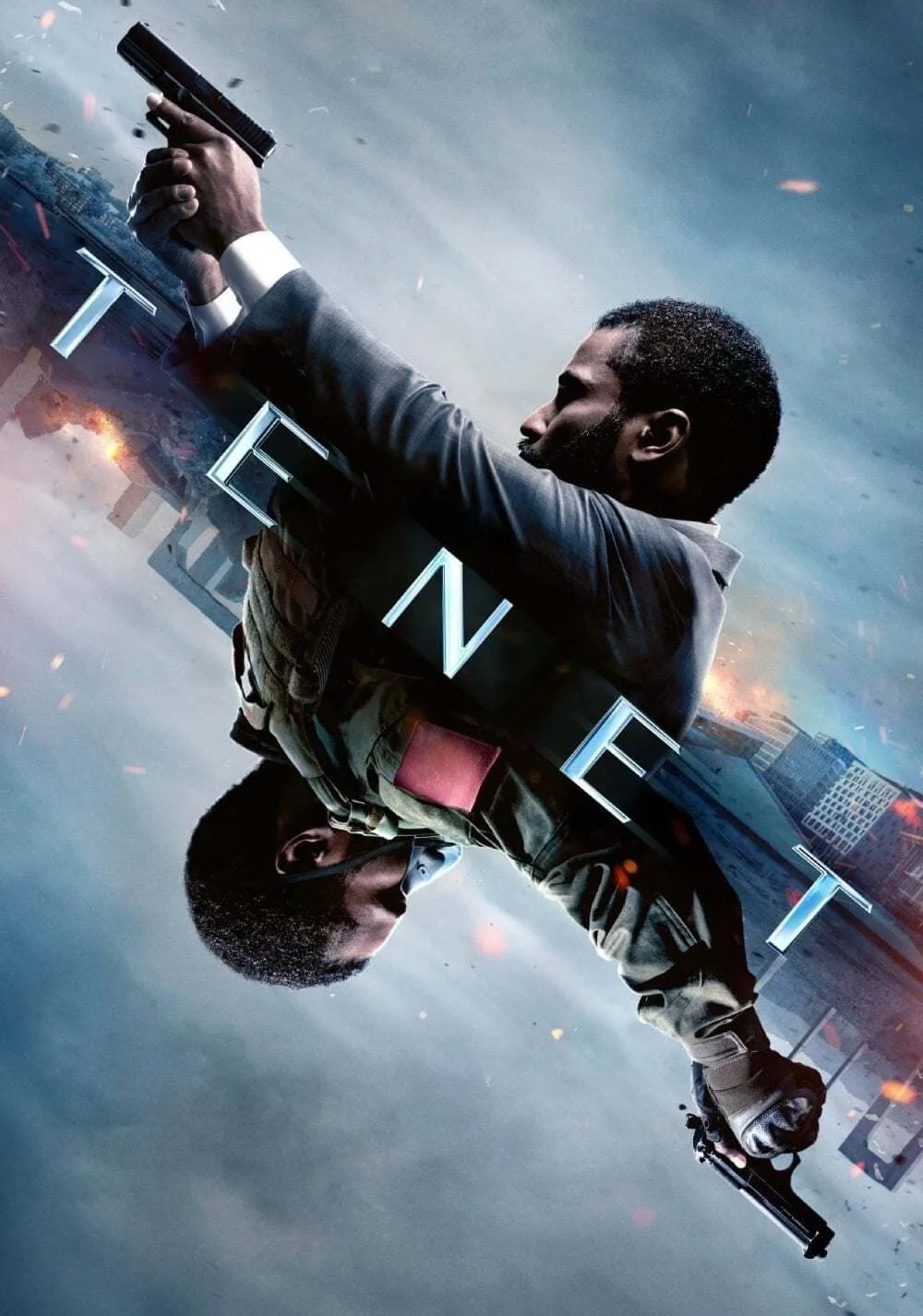
“Tenet was an ambitious film that refrained from leaning into traditional time travel.”
Yet another mind-bender from Christopher Nolan, “Tenet” plays with the concept of time in a way that might leave even the most dedicated fans scratching their heads. This film takes the audience on a complex journey, challenging our understanding of time and reality.
“Edge of Tomorrow (2014)”: One Day to Save the World
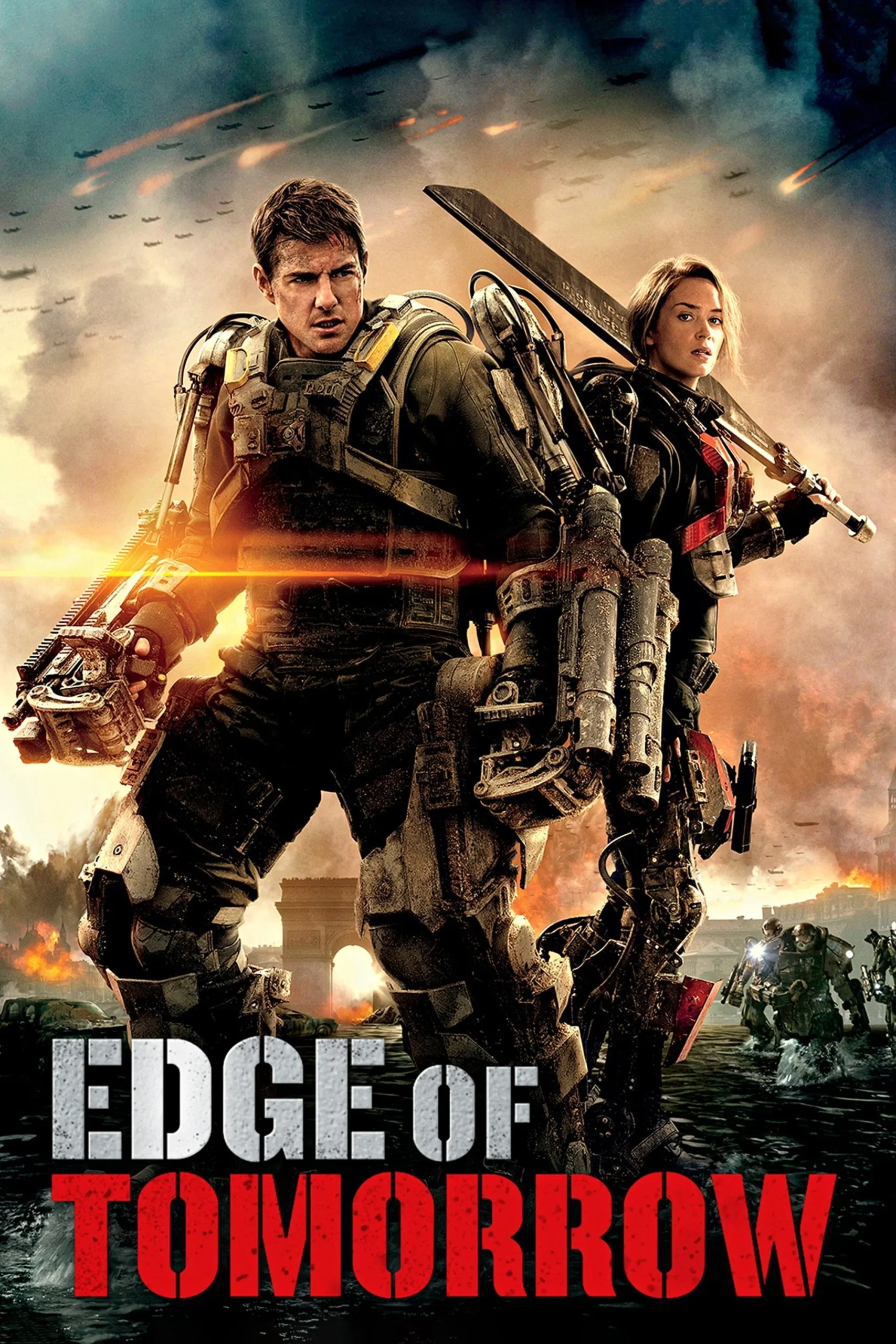
“Cruise has been known for playing courageous characters throughout his career, but his Edge of Tomorrow character, William Cage, was of a different mold.”
Starring Tom Cruise and Emily Blunt, “Edge of Tomorrow” combines the thrill of an action-packed alien invasion with the twist of a time loop. The film explores themes of courage, sacrifice, and transformation, making it a fitting end to this cinematic exploration.
Infinite Possibilities, Finite Time
Look, ‘Interstellar’ might have been a rollercoaster through space-time that left you gasping for air, but the sci-fi genre is a vast universe waiting to be explored. Whether it’s the moral dilemmas of ‘Blade Runner,’ the lonesome space corridors of ‘Moon,’ or the mind-bending layers of ‘Primer,’ there’s a whole galaxy of films out there to feed your cosmic cravings. So go ahead, fuel up your mental spacecraft, and embark on a new journey through celluloid space.


